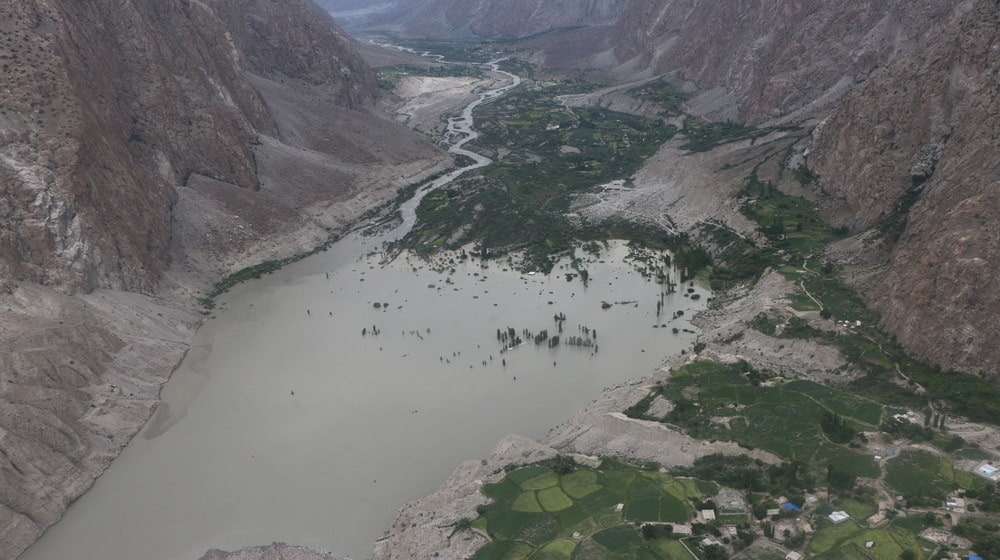Critical Weather Alert Issued for Northern Pakistan
The Pakistan Meteorological Department (PMD) has issued a critical warning regarding the potential occurrence of Glacial Lake Outburst Floods (GLOFs) in the regions of Gilgit-Baltistan and Khyber Pakhtunkhwa. This alert comes as a result of accelerated glacier melting caused by an ongoing heatwave, which has raised concerns among local authorities and communities.
In a statement released by the PMD’s Research and Development Division in Islamabad, officials emphasized that rising temperatures, combined with an incoming weather system, could lead to sudden glacial lake bursts and flash floods in northern valleys over the coming days. The department has urged all relevant stakeholders to remain vigilant and prepared for any possible emergencies.
Communities living near glacial regions, along with local authorities and emergency services, have been advised to stay on high alert, especially during this week and the following days. The PMD has recommended that all departments take precautionary measures to minimize the risk of loss of life and damage to property. These steps include monitoring weather conditions closely, preparing evacuation plans, and ensuring that emergency supplies are readily available.
Heavy Rainfall Expected in Several Cities
In addition to the GLOF warnings, the Met Office has issued a separate weather advisory predicting heavy rainfall in several cities across the country. The affected areas include Islamabad, Rawalpindi, Gujranwala, Lahore, Sialkot, Sargodha, Faisalabad, Nowshera, and Peshawar on the 10th of Muharram. The department has warned about the potential for urban flooding in low-lying areas of Punjab due to the expected downpour.
Residents in these regions are advised to take necessary precautions, such as avoiding travel through flooded areas and securing their homes against potential water damage. Local authorities have also been instructed to monitor drainage systems and ensure that flood mitigation measures are in place.
Hot and Humid Conditions in Sindh and Balochistan
Meanwhile, Sindh and Balochistan are expected to experience hot and humid weather conditions. Although no significant rainfall is anticipated, light rain or drizzle is likely in Karachi and Hyderabad, particularly during early morning and nighttime hours. This pattern of weather may provide some relief from the intense heat but could also contribute to increased humidity levels.
Authorities in these regions have been advised to monitor weather updates and prepare for any sudden changes in conditions. Public health advisories have also been issued to remind residents to stay hydrated and avoid prolonged exposure to the sun.
Preparing for Unpredictable Weather Patterns
As climate change continues to impact weather patterns globally, the situation in Pakistan highlights the growing need for proactive measures to address environmental risks. The combination of extreme heat, glacial melting, and unpredictable rainfall underscores the importance of robust disaster preparedness and response strategies.
Communities in vulnerable areas must remain informed and engaged with local authorities to ensure they are equipped to handle any potential emergencies. Additionally, long-term planning and investment in infrastructure that can withstand extreme weather events will be crucial in mitigating future risks.
With the ongoing heatwave and the threat of GLOFs, it is clear that the challenges posed by climate change require immediate attention and coordinated action at all levels of society.







